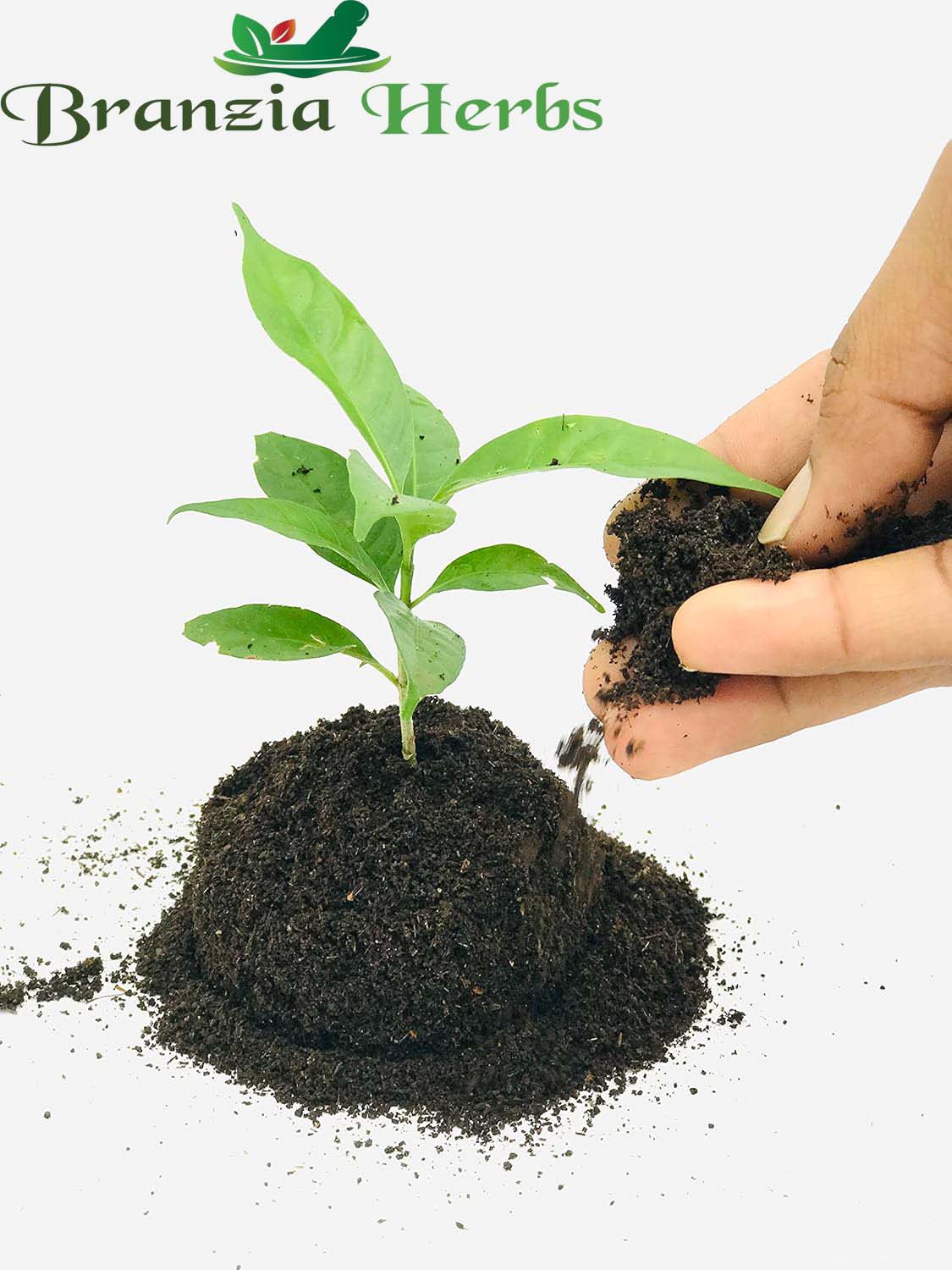Albizia lebbeck, commonly known as Fry Wood, Vagai, or Women's Tongue Tree, is a versatile tree native to tropical and subtropical regions. It's valued for its fast growth, shade, and various other uses. Here’s a comprehensive guide on Albizia lebbeck seeds, including their characteristics, benefits, and planting care:
Characteristics
-
Appearance:
-
Seeds: Albizia lebbeck seeds are small, flat, and brown, often contained within a long, narrow pod that splits open when mature.
-
Pods: The pods are typically 10-20 cm (4-8 inches) long and contain multiple seeds. They turn brown and dry out when the seeds are ready to be harvested.
-
Tree Size:
-
Height: The tree can grow up to 15-25 meters (50-80 feet) tall.
-
Canopy: It has a broad, spreading canopy with pinnate leaves that are feathery and green.
Benefits
-
Ecological Benefits:
-
Shade: Provides excellent shade, making it ideal for planting in parks and along roadsides.
-
Soil Improvement: As a leguminous tree, it can fix nitrogen in the soil, enhancing soil fertility.
-
Economic Uses:
-
Wood: The wood is used for making furniture, carvings, and construction materials. It is also known for its durability and is used in local building practices.
-
Traditional Uses: In various cultures, the tree’s wood and bark have been used for medicinal and practical purposes.
-
Cultural Significance:
-
Ornamental: Often planted for its attractive appearance and shade in gardens and urban landscapes.
-
Environmental Benefits:
-
Carbon Sequestration: Helps in carbon dioxide absorption and contributes to reducing greenhouse gases.
-
Windbreaks: Can be used as a windbreak or to create natural barriers in agricultural settings.
Planting Albizia Lebbeck Seeds
-
Preparation:
-
Seed Treatment: Albizia lebbeck seeds have a hard outer coat. Scarifying (light sanding or nicking) and soaking the seeds in water for 24-48 hours before planting can improve germination rates.
-
Timing:
-
Optimal Season: Plant seeds in the spring or early summer when temperatures are warm and conditions are favorable for growth.
-
Soil and Location:
-
Soil Type: Prefers well-drained, loamy or sandy soil but can adapt to various soil types. Ensure good drainage to prevent waterlogging.
-
Location: Choose a sunny location with full sun exposure. Albizia lebbeck thrives in tropical and subtropical climates.
-
Planting:
-
Sowing Seeds: Plant seeds about 1 inch (2.5 cm) deep in the soil. Space seeds or seedlings about 10-15 feet (3-4.5 meters) apart to accommodate the mature tree size.
-
Germination: Seeds typically germinate within 2-4 weeks. Keep the soil consistently moist but not waterlogged during this period.
-
Watering:
-
Initial Care: Water regularly to keep the soil moist until the seedlings are established. Avoid waterlogging as it can lead to root rot.
-
Ongoing Care: Once established, Albizia lebbeck is relatively drought-tolerant but will benefit from occasional watering during dry periods.
-
Fertilizing:
-
Nutrients: Fertilize with a balanced fertilizer or compost during the growing season to support healthy growth. Albizia lebbeck benefits from organic matter and compost.
Care and Maintenance
-
Pruning:
-
Trimming: Prune young trees to shape them and remove any dead or damaged branches. Regular pruning helps maintain the tree’s structure and promotes healthy growth.
-
Pest and Disease Management:
-
Monitoring: Albizia lebbeck is generally resistant to pests and diseases but should be monitored for issues such as fungal infections or insect infestations.
-
Control: Use appropriate treatments if problems arise, following local guidelines.
-
Protection:
-
Young Trees: Protect young trees from extreme weather conditions and pests until they are well-established.
Environmental Considerations
-
Climate Adaptation: Albizia lebbeck is best suited to tropical and subtropical climates. It can tolerate some drought but is sensitive to frost.
-
Sustainability: Ensure that cultivation practices are sustainable and adhere to local regulations regarding forestry and conservation.
Summary
Albizia lebbeck (Fry Wood, Vagai, Women’s Tongue Tree) seeds are valuable for their ecological, economic, and cultural benefits. The tree is prized for its fast growth, shade, and wood quality. By following proper planting and care guidelines, you can successfully grow Albizia lebbeck and enjoy its numerous advantages while contributing to sustainable practice







